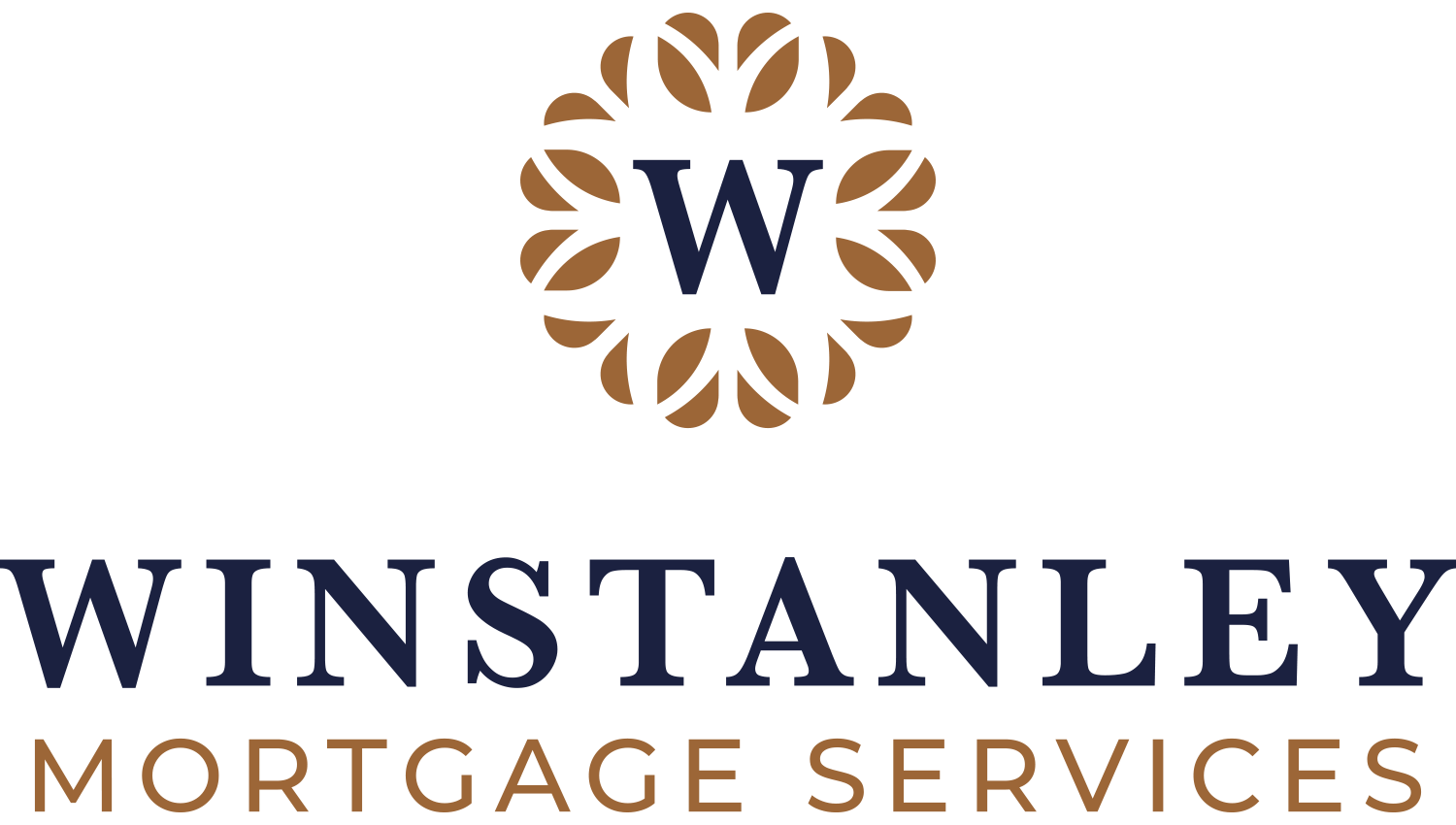January 8, 2025
Self-Employed Mortgage in the UK: Documents You Need to Apply
Home / Self-Employed Mortg...
Author

Lee Martin
Senior Mortgage & Protection Adviser
My journey into financial services began in 1993 when I first came across a pension adviser who ...
Looking to secure a mortgage as a self-employed individual in the UK? This is a more in depth article about the documents needed and follows on from our previous article, 'How to secure a self employed mortgage in the UK'.
Why Lenders Require More Documents from Self- Employed Applicants
Lenders assess self-employed individuals differently because their income can fluctuate. By providing thorough documentation, you can demonstrate financial stability and prove your ability to meet mortgage repayments.
Essential Documents for Self-Employed Mortgage Applications
1. Proof of Income
To verify your earnings, most lenders require:
- SA302 Forms or Tax Calculations: Summaries of your income over the past 1–3 years. You can obtain these from HMRC or your accountant.
- Tax Year Overviews: Confirms that your tax payments are up to date.
It is worth noting the above documents should not be over 18 months old, so for example if you were looking to make a mortgage application in January 2025 your latest tax documents for evidence of income have to be from April 2024 and these can be used right up to 1st October 2025. These are usually required for sole traders and directors of small businesses or other clients who have other incomes such as rental income.
2. Accounts and Financial Records
Provide detailed records of your business finances, including:
- Certified Accounts: Professionally prepared by a chartered or certified accountant for the past 2–3 years. You need to check the qualification of your accountant carefully, maybe ask a mortgage broker if it is acceptable before using them.
- Profit and Loss Statements: Highlights income and expenses, particularly useful for small business owners.
3. Bank Statements
Lenders will request:
- Personal Bank Statements: Typically covering the latest 3–6 months to show how you manage personal finances.
- Business Bank Statements: To provide insight into your cash flow and overall business health. The latest 3 months will be required in all cases.
4. Business Information
Demonstrate the legitimacy and stability of your business with:
- Business Registration Documents: Proof of business registration, such as HMRC self-assessment details or Companies House records.
- Client Contracts or Agreements: For contractors or freelancers, ongoing and future contracts help showcase predictable income.
5. Identification and Proof of Address
Standard documentation includes:
- Valid ID: Such as a passport or driving licence.
- Proof of Address: Utility bills, council tax bills, or bank statements, usually no older than 3 months.
6. Deposit Evidence
Lenders require proof of where your deposit is coming from. This could include:
- Bank or savings account statements.
- Gifted deposit letters, where applicable.
7. Additional Income Documentation
If you have other income sources, such as rental properties or dividends, prepare supporting documentation for these as well. You will normally have reported these types of income using self assessment and should therefore have the documents listed above in 'point 1' Proof of income.
Tips to Improve Your Self-Employed Mortgage Application
1. Maintain Accurate Financial Records
Ensure your accounts, tax returns, and other financial statements are accurate and up to date. Lenders place a high value on clear, consistent documentation.
2. Work with a Certified Accountant
Having certified accounts prepared by a reputable accountant can strengthen your application and increase lender confidence.
3. Check Your Credit Score
Before applying, review your credit report and resolve any discrepancies to improve your creditworthiness.
4. Consult a Mortgage Broker
A broker with experience in self-employed mortgages can help match you with lenders who understand the complexities of self-employed income.
Frequently Asked Questions (FAQs)
1. Can I get a mortgage if I’ve only been self-employed for one year?
Yes, some lenders accept one year of accounts, but you may need a larger deposit and strong financial records.
2. How much deposit do I need for a self-employed mortgage?
Typically, you’ll need at least 5–10% of the property’s value, though having a larger deposit can improve your approval chances.
3. Do self-employed people pay higher mortgage rates?
Not necessarily. Rates depend on your credit score, deposit size, and lender policies, not just your employment status. You should be eligible for the same rates as everyone else.
How to Get Started
- Begin by gathering all the required documents listed above.
- Work with an experienced mortgage advisor or broker who specialises in self- employed applicants.
- Compare lenders to find the best rates and terms for your unique financial situation.
Final Thoughts
Applying for a mortgage as a self-employed individual may seem daunting, but with proper preparation and professional guidance, you can successfully secure your loan. Start early, stay organized, and consult a broker to navigate the process smoothly.
Call Lee Martin on 01942 616226 or 07809 747536 to start your journey to home ownership.

